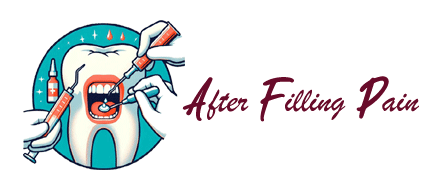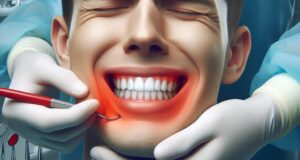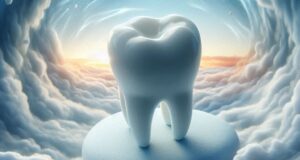Imagine carrying a backpack all day. Not on your shoulders—but in your jaw. Now imagine you never take it off, not even when you sleep. That constant heaviness, that dull ache, that invisible strain? That’s what jaw muscle fatigue feels like. It’s your facial muscles waving a white flag, exhausted from a war they didn’t start.
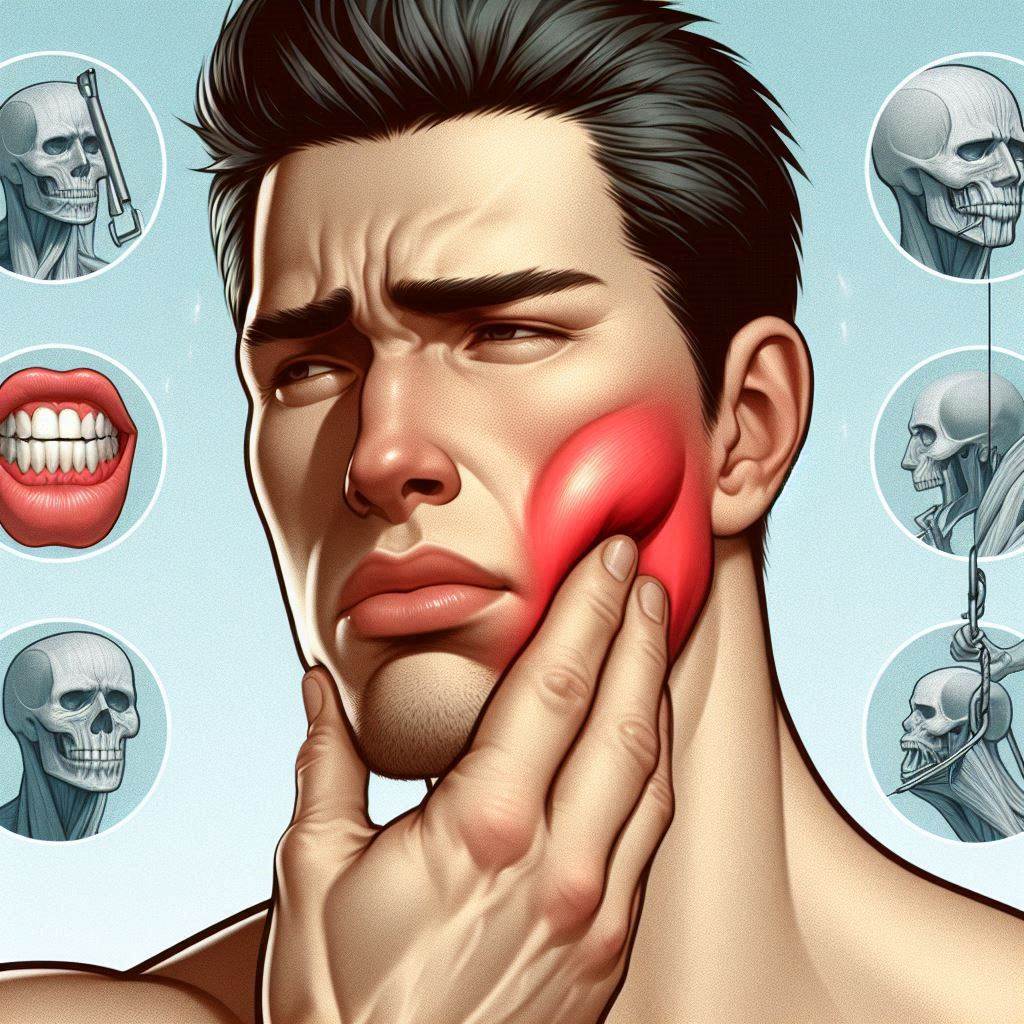
And strangely enough, for many people, this fatigue isn’t just about the jaw—it’s the unspoken cause behind something even more specific and frustrating: a tooth ache after filling getting worse.
Let’s unpack that.
Your jaw muscles—especially the masseter and temporalis—are some of the strongest muscles in your body. They can generate hundreds of pounds of force. That’s enough to crush food, grind bone (if necessary), and clench through even the most stressful moments of life. But muscles, no matter how strong, aren’t designed to be on all the time.
Yet that’s exactly what happens with people who clench or grind their teeth—often without realizing it. During intense focus, anxiety, or sleep, the jaw tightens. It locks. It clenches like a coiled spring. Over time, this repeated strain leads to a deep, dull soreness—jaw muscle fatigue. It’s like a gym workout that never ends and never gives results.
Now let’s introduce a filling into this picture. Perhaps you had a cavity treated. Maybe it was a deep one. The dentist did everything right—cleaned it out, filled it up, polished it smooth. At first, all seemed fine. But then a few days later… that filled tooth began to ache. You gave it time. But instead of fading, the tooth ache after filling started getting worse. Why?
Because your tired, overworked jaw muscles are part of a chain reaction. Here’s how:
When you clench or grind, especially unconsciously, you’re putting excess pressure on certain teeth. If your bite has been even slightly altered by a filling, that specific tooth may now take more of the load. It becomes the “pressure point” in your mouth’s architecture.
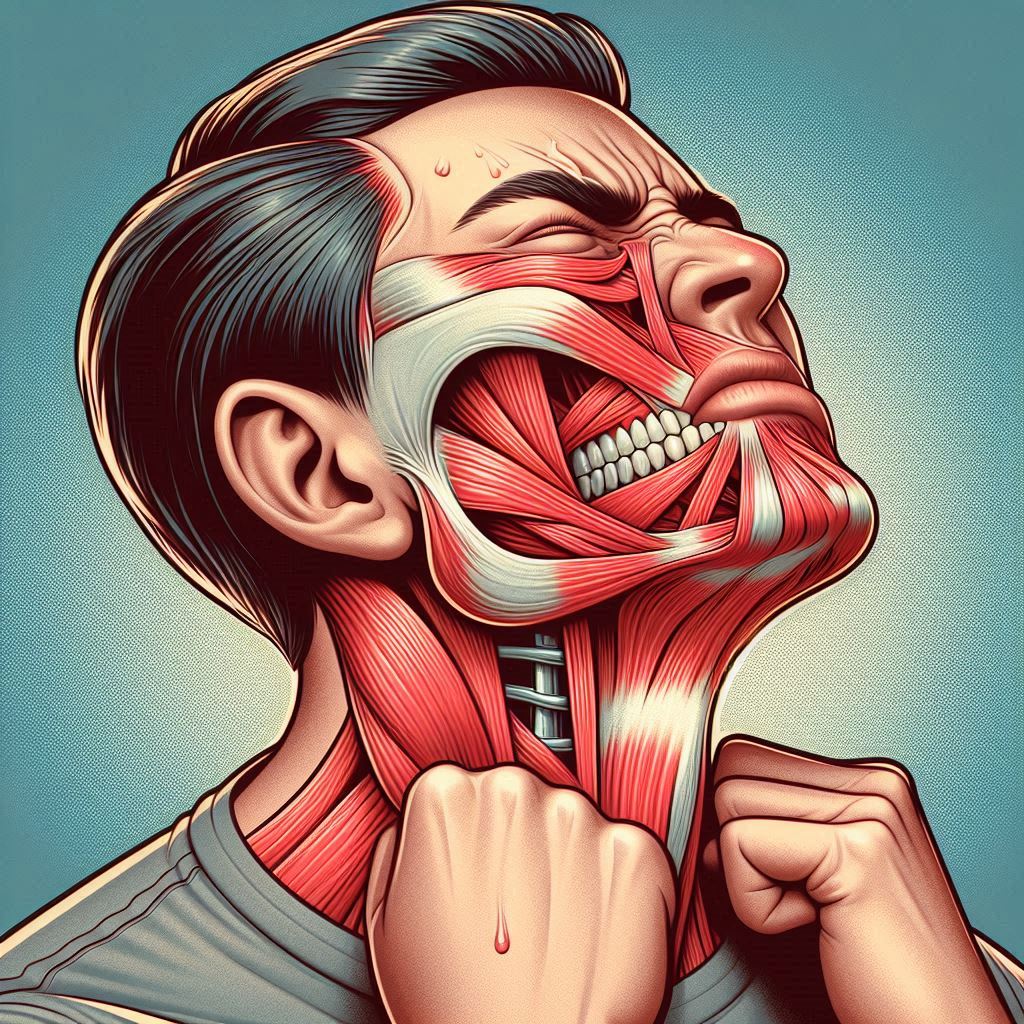
Think of your teeth like dominos set in a circle. All are connected. When one tooth is slightly higher—thanks to a new filling—it throws off the balance. Your jaw muscles respond by clenching harder to “correct” the imbalance. That tooth gets hit again and again. The muscles fatigue. The pressure inflames the tooth’s nerve. Pain develops. And suddenly, the issue isn’t just your jaw—it’s that tooth ache after filling getting worse, day by day.
Even worse, the pain becomes a feedback loop. You clench because you’re uncomfortable. That clenching increases fatigue. Fatigue leads to inflammation. And inflammation leads right back to tooth pain. It’s a silent cycle that can spiral if left untreated.
But jaw muscle fatigue doesn’t just cause pain—it masks it too. Many people think their tooth is infected, or the filling is “bad,” when in reality, it’s the muscle strain pressing on the joint and tissues that surround the tooth, amplifying discomfort.
Here are the telltale signs that jaw muscle fatigue might be behind your worsening tooth ache:
- Pain that radiates from the jaw to one specific tooth
- Tenderness when pressing your cheeks or temples
- Soreness upon waking, especially if you clench during sleep
- A toothache that gets worse after periods of stress or focus
What Can You Do?
- Bite Check: See your dentist to assess if your filling has changed your bite slightly.
- Jaw Rest: Avoid chewy foods, gum, or excessive talking.
- Warm Compresses: Heat helps relax tense jaw muscles.
- Conscious Relaxation: Throughout the day, remind yourself to let your jaw hang slightly loose. “Lips together, teeth apart.”
- Night Guard: If you clench in your sleep, a guard can reduce the load on your jaw and protect that recently filled tooth.
In the end, jaw muscle fatigue isn’t just about soreness—it’s about your mouth sending a cry for help. And when that cry manifests as a tooth ache after filling getting worse, don’t ignore it. It may not be the filling that failed—it may be the muscles around it, worn thin from carrying a burden they were never meant to bear.
